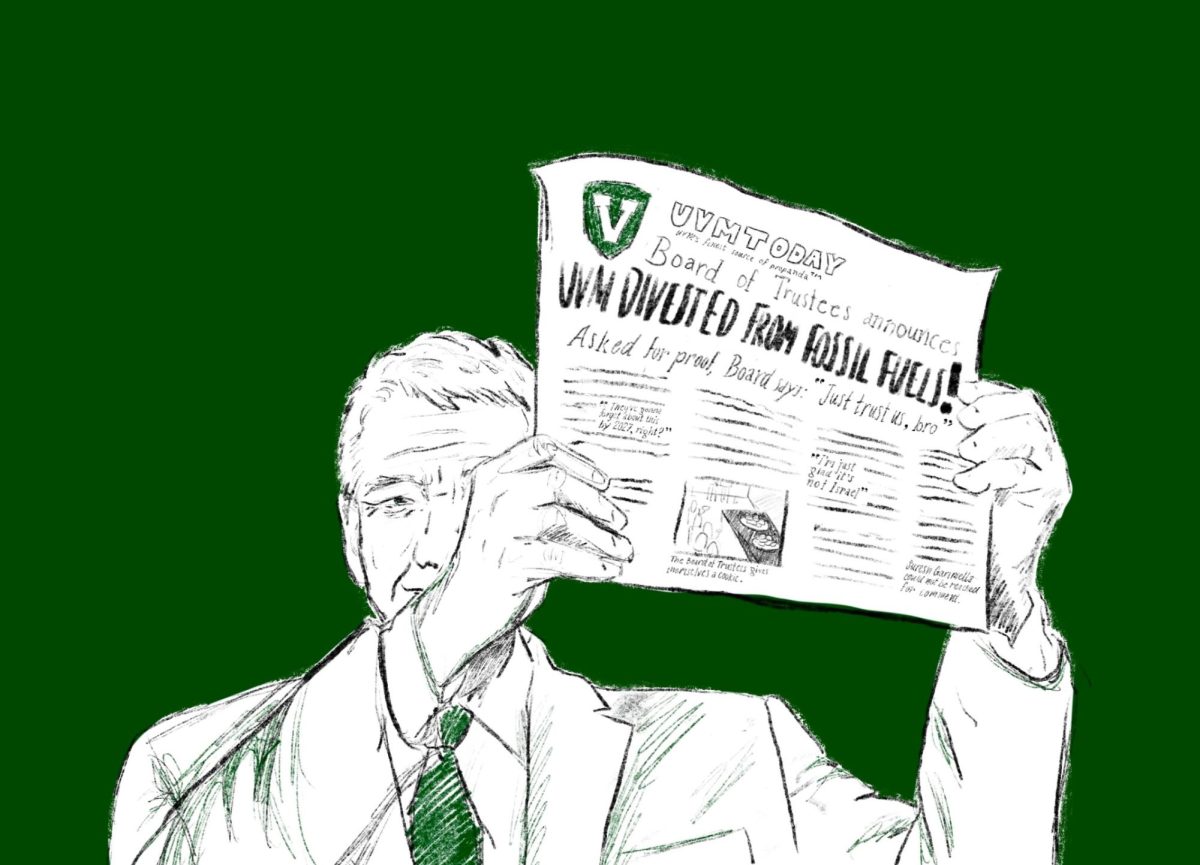Ê
Ê
Welcome to academia, the front line for research and discovery. In our modern society, college is the most essential step in education: students come each year striving to earn their degrees, presumably to get a job.
The four year period of study and credentialization may sound intense and arduous, but donÕt get the wrong impression-students are loving it. Unlike their predecessors, colleges of today provide an array of amenities: sports, clubs, parties, fine dining, beautiful architecture, gorgeous landscaping, free sex toys, and last but not least, that new student center or athletic complex that is to die for.
I meant that last bit in the figurative sense, though itÕs really a double entendre: with an average tuition of $33,000, there really isnÕt any money left to cover the most basic necessities: food, shelter, and healthcare.
As I alluded to, a large part of this cost is due to extravagant spending by colleges on things like buildings and landscaping. While these things certainly are nice, they are vain and extremely costly. If nothing else, these amenities are quite unnecessary for a sufficient education.
The current trend is to spare no expense, including other areas such as payroll, an inherent behavior of bureaucracies. When so many students desperately need money for everyday expenses, it seems like colleges should strive to cut costs, and cut out the fluff in exchange for economic value.
So is college worth the price? LetÕs take a look toward what you receive for your money.
The most obvious return is an education. The college provides this through large, lecture-style classes. Most of the learning is done or could be done just by reading the textbook. Many reputable professors have taped themselves lecturing and published it online at no cost. It seems that an education at least as good as the college produces is available at no cost.
If a potentially superior education is available at no cost, then why arenÕt people lunging for it? The answer is credentialization. The key flaw with this alternative method is that there is no way to issue proof of competency and mastery of material. ThatÕs where traditional colleges have the upper hand: they have the authority needed to issue degrees and certification.
As long as colleges have a monopoly over issuing accreditation, they will force you to enroll in their courses and pay the full $172,000 tuition in order to be eligible for a degree. There is currently no way for students with alternative educations to receive course credit via test or other means without enrolling and paying full tuition.
It seems here is no way to get a professional job without some kind of degree. An alternative education will not count in the eyes of employers. ItÕs arguable that many professional jobs shouldnÕt require a full education, but as long as this trend persists, a diploma is still a requisite. As long as degrees are issued by universities, a traditional college education is the only way to get a professional job.
IÕm not proposing to eliminate the university system, but make it better. Colleges and universities need to try harder to cut costs. This means shopping around. If a steel frame building is seven times cheaper than one of glass, buy it; it works.
If buying sex toys for ResLife parties means one student loses financial aid allowing them to get an education, then for GodÕs sake, donÕt buy them. If an outdated Ph.D professor lacking any interest costs $200,000, hire the $60,000 recent grad who will enthuse and breathe inspiration into students. ItÕs not about buying expensive; itÕs about buying wise.
As time goes on, the college experience has grown more and more incongruent with the needs of society. We need to stop that cycle and make choices as a country of scholars that will allow us to have our needs met in an affordable and accessible manner. Voice yourself: help make that change.








![Can’t buy me [self] love](https://vtcynic.com/wp-content/uploads/2024/04/self-care-FINAL-1200x796.jpg)



